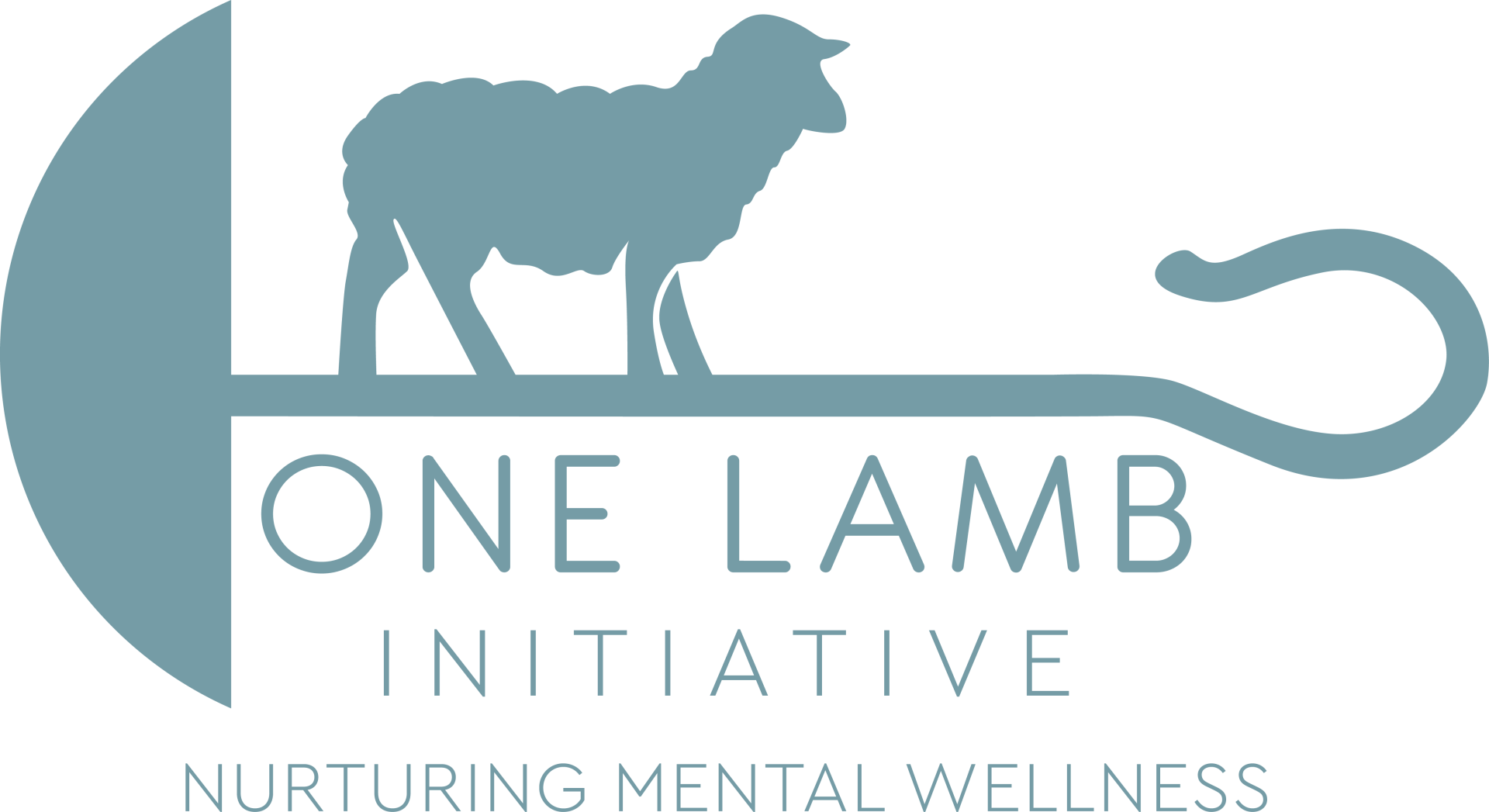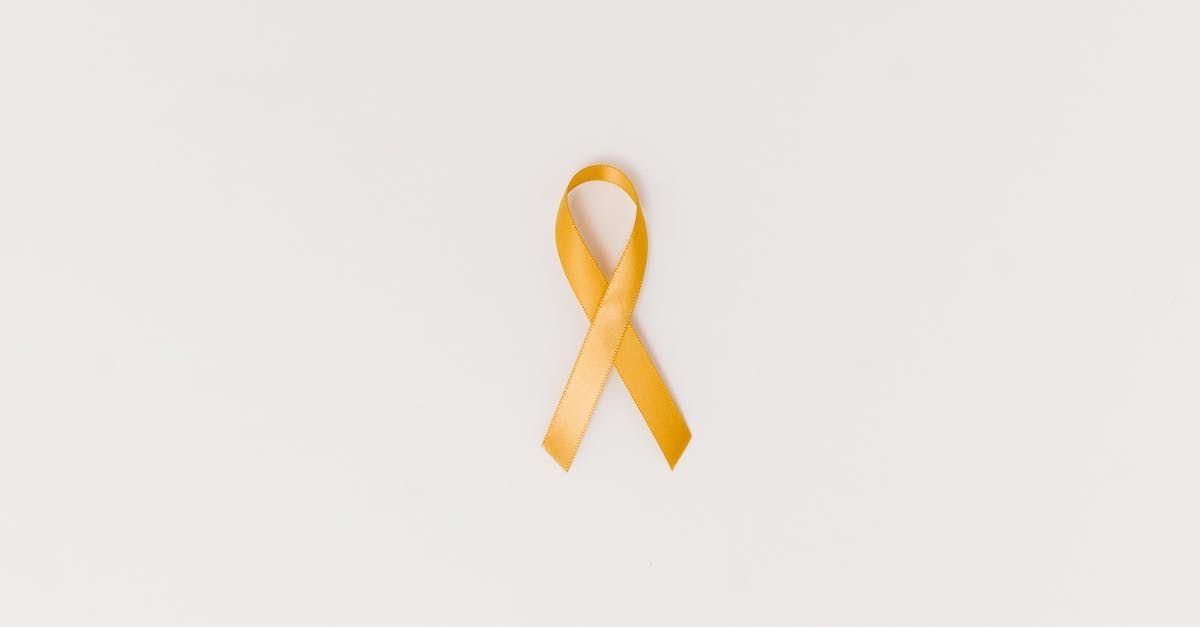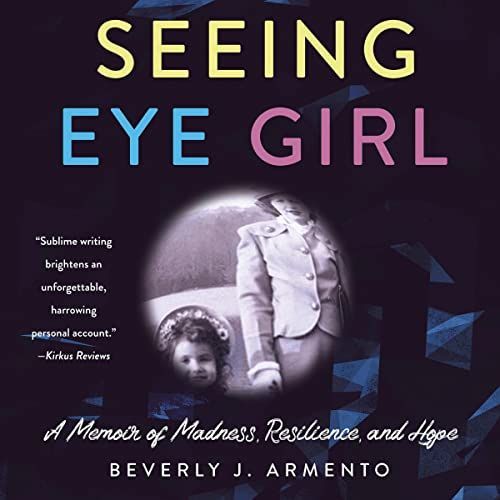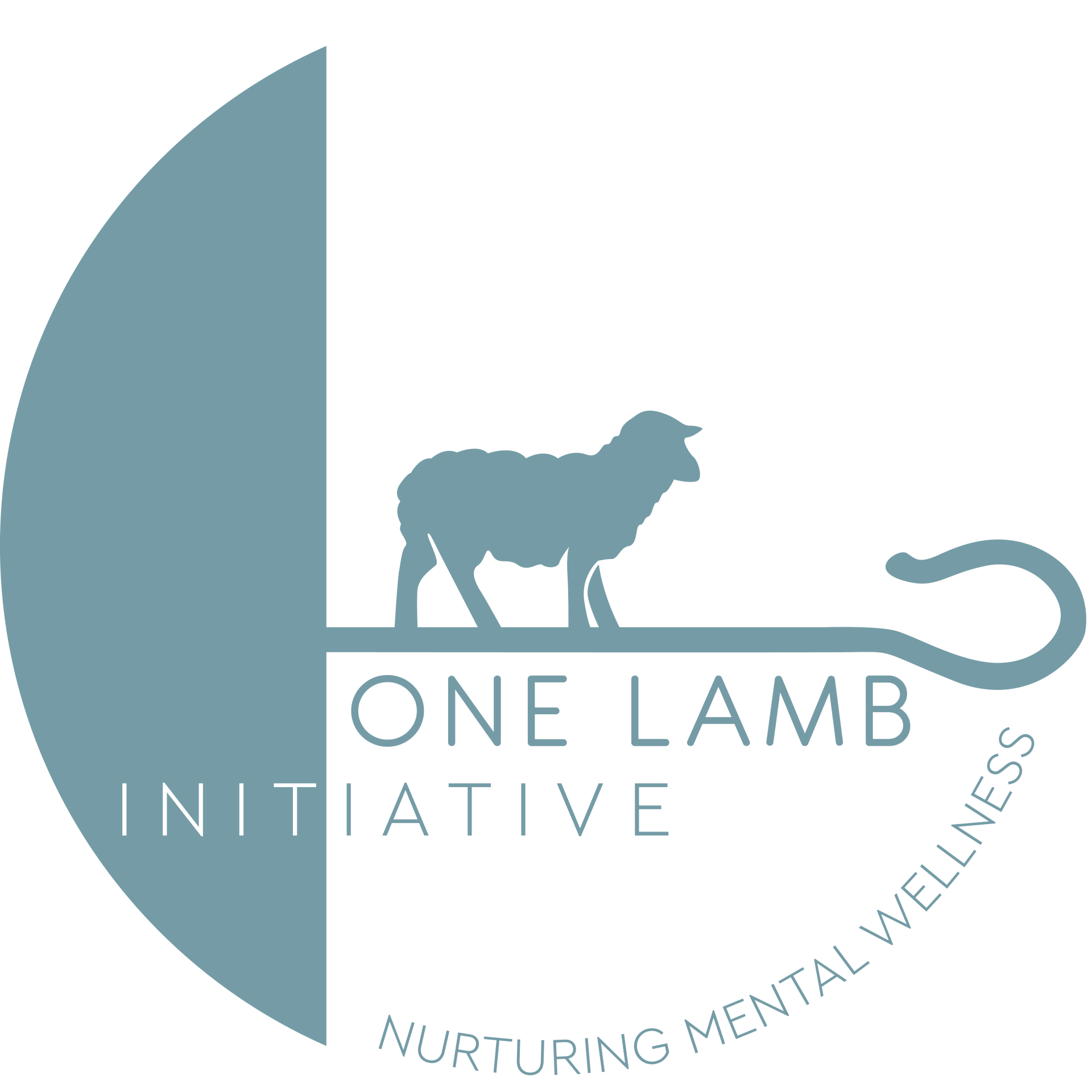One Lamb: Self harm & Suicide
Suicide is a permanent solution to a temporary problem.
“The thief comes only to steal and kill and destroy. I came that they may have life and have it abundantly.” John 10:10

Suicide is a tragedy.
The tragedy includes the unspeakable pain of the one who suicides and that of the bereaved who grief the unimaginable loss of their loved one.
This tragedy is all too pervasive.
The CDC reports that in 2020, suicide was the 12th leading cause of death in the US. 45,900 people ended their lives through suicide. It was the second leading cause of death among the ages of 10-14 and 25-34; 3rd in ages 15-24; and 4th in ages 35-44.
12.2 million adults 18 and older reported serious thoughts of suicide.
How might we help?
If you have any sense that someone you are close with may be at risk of suicidal ideation, ask them. Often people are afraid that asking will plant the idea in the mind of a non-suicidal person. Studies show that this is not true. This question, asked with compassion, is an important first step.
The National Institute of Mental Health (www.nimh.nih.gov/health/publications/suicide.org) offers these warning signs that someone may be at immediate risk for attempting suicide:
- Talking about wanting to die or wanting to kill themselves
- Talking about feeling empty or hopeless or having no reason to live
- Talking about feeling trapped or feeling that there are no solutions
- Feeling unbearable emotional or physical pain
- Talking about being a burden to others
- Withdrawing from family and friends
- Giving away important possessions
- Saying goodbye to friends and family
- Putting affairs in order, such as making a will
- Taking great risks that could lead to death, such as driving extremely fast
- Talking or thinking about death often
Other serious warning signs that someone may be at risk for attempting suicide include:
- Displaying extreme mood swings, suddenly changing from very sad to very calm or happy
- Making a plan or looking for ways to kill themselves, such as searching for lethal methods online, stockpiling pills, or buying a gun
- Talking about feeling great guilt or shame
- Using alcohol or drugs more often
- Acting anxious or agitated
- Changing eating or sleeping habits
- Showing rage or talking about seeking revenge
When the conversation has begun, stay close to your loved one and support them to find needed professional care they need.
If you, yourself, are having suicidal thoughts, please reach out to someone. Confide in a trusted loved one; your physician; therapist; or clergy. Trained, caring professionals are just a phone call away .
Dial 911 in an emergency. You can also call or text the 988 Suicide & Crisis Lifeline at 988 or chat at https://988lifeline.org, 24 hours a day, 7 days a week. The Lifeline is free, confidential, and available to everyone.
The articles, videos, and book reviews that follow are One Lamb’s effort to support all of us in dealing with the tragedy of suicide.









